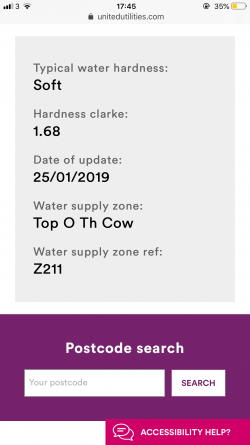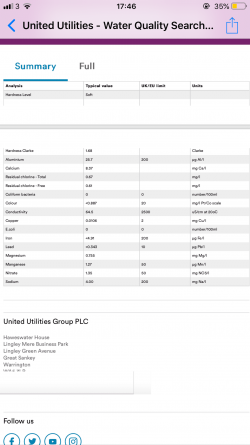Before you add any more fish you need to know what the GH and pH are. Livebearers (platies, guppies, swordtails, mollies) need hard water with a GH above 200ppm (250ppm for mollies) and a pH above 7.0.
Neon tetras and most other tetras come from soft water with a GH below 150ppm and a pH below 7.0.
If you have hard water the livebearers will be fine but the neons won't. If you have soft water the neons will be fine but the livebearers won't.
---------------------------
You should also monitor the ammonia and nitrite levels for the next few weeks to make sure the filter has settled in before you add more fish. And if you do get more fish, quarantine them in the old tank for 2-4 weeks (4 weeks is better) before adding them to the main tank.
Neon tetras and most other tetras come from soft water with a GH below 150ppm and a pH below 7.0.
If you have hard water the livebearers will be fine but the neons won't. If you have soft water the neons will be fine but the livebearers won't.
---------------------------
You should also monitor the ammonia and nitrite levels for the next few weeks to make sure the filter has settled in before you add more fish. And if you do get more fish, quarantine them in the old tank for 2-4 weeks (4 weeks is better) before adding them to the main tank.




